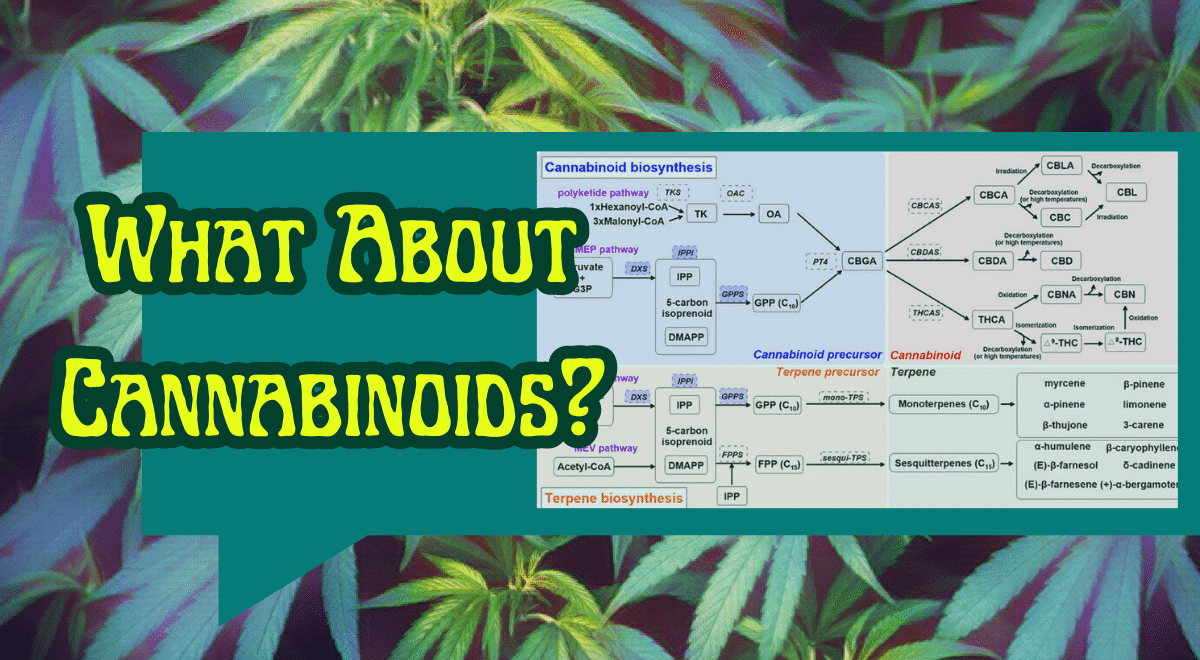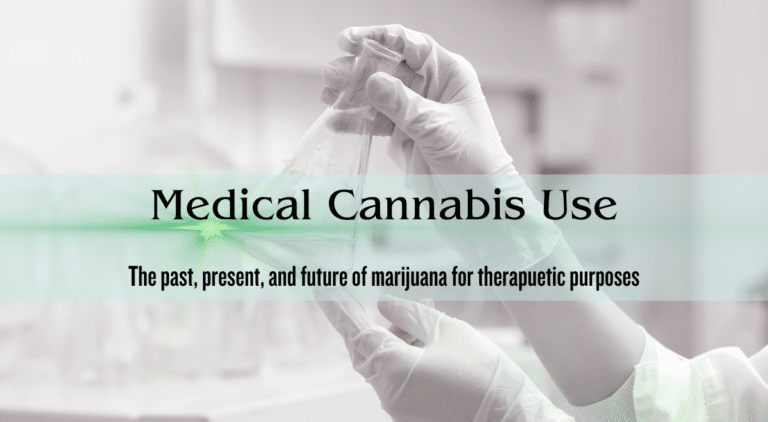Want to learn about cbc, thc, cbd, & delta-8 cannabinoids?
CBC cannabinoids are not as well known as CBD and THC, but they are important too. Indeed, all the cannabinoids in marijuana play a role creating the synergistic therapeutic properties. In this post, explore the varied World of Cannabinoids such CBC, THC, Delta-8, Delta-9, and CBD. Learn more about how they work together to create “entourage” effects and create pluralistic health benefits.
If you have any questions related to cannabinoids, then be sure to ask your White Rabbit Cannabis bud tender for more information.
The Benefits of THC, CBD, Delta, and CBC Cannabinoids

Cannabinoids, a diverse group of chemical compounds found in the cannabis plant, have garnered immense attention for their potential therapeutic properties and effects on the human body. Among these cannabinoids, CBC, THC, Delta-8, Delta-9, and CBD stand out for their unique characteristics and potential medicinal qualities. In this comprehensive exploration, we’ll delve into the distinct features of each cannabinoid, examine their effects on the body, and shed light on the entourage effect, an intriguing phenomenon that underscores the synergistic interaction of these compounds.
CBC Cannabinoids (Cannabichromene)
Cannabichromene (CBC) is a non-psychoactive cannabinoid that is typically found in lower concentrations in cannabis. While CBC does not produce the euphoric “high” associated with THC, it offers a range of potential therapeutic benefits. Research suggests that CBC may have anti-inflammatory, analgesic, and neuroprotective properties. It’s also thought to play a role in promoting brain health and encouraging the growth of brain cells. CBC’s potential to interact with receptors in the body’s endocannabinoid system (ECS) makes it an intriguing target for further research into its medicinal applications.
THC (Tetrahydrocannabinol)
Tetrahydrocannabinol (THC) is perhaps the most well-known cannabinoid due to its psychoactive effects. It’s the compound responsible for the euphoria and altered sensory perceptions often associated with cannabis use. Beyond its recreational use, THC has demonstrated potential therapeutic benefits as well. It has been used to manage pain, stimulate appetite, reduce nausea, and alleviate symptoms of conditions like multiple sclerosis and glaucoma. However, its psychoactive nature and potential for inducing anxiety or paranoia have led to increased interest in non-psychoactive alternatives.
Delta-8 THC and Delta-9 THC
Delta-8 THC and Delta-9 THC are isomers, meaning they share the same chemical formula but have different arrangements of atoms. Delta-9 THC is the primary psychoactive compound in cannabis, responsible for the classic “high” sensation. On the other hand, Delta-8 THC, while still producing psychoactive effects, tends to be less potent and can offer a milder experience. Both compounds interact with the ECS, leading to potential therapeutic applications such as pain relief, anxiety reduction, and appetite stimulation. Delta-8 THC has gained popularity for its potential to offer a more controlled and less intense psychoactive experience.
CBD (Cannabidiol)
Cannabidiol (CBD) has gained immense attention in recent years due to its potential therapeutic versatility and lack of psychoactive effects. CBD interacts with the ECS but does not produce the intoxicating high associated with THC. Its potential benefits span a wide range of applications, including anxiety reduction, pain management, anti-seizure effects (notably in cases of certain forms of epilepsy), and anti-inflammatory properties. CBD’s non-psychoactive nature has made it particularly appealing for individuals seeking therapeutic benefits without the cognitive impairment associated with THC.
The Entourage Effect
The entourage effect is a phenomenon that underscores the idea that cannabinoids and other compounds found in the cannabis plant work synergistically to produce more significant effects than when used in isolation. This concept suggests that the combined action of cannabinoids, terpenes, and other plant compounds results in enhanced therapeutic potential and a broader range of benefits.
For example, when CBD and THC are consumed together, CBD may mitigate some of the adverse psychoactive effects of THC while still allowing its therapeutic properties to shine. Terpenes, aromatic compounds found in cannabis, can also contribute to the entourage effect. Different terpenes have been associated with various effects, such as relaxation, stress relief, and focus enhancement. When combined with cannabinoids, terpenes are thought to enhance their effects and contribute to the overall experience.
Enjoying CBD, THC, CBC Cannabinoids
The world of cannabinoids is rich and varied, offering a spectrum of compounds with diverse effects on the human body. From the psychoactive effects of THC to the non-intoxicating benefits of CBD, and the lesser-known properties of CBC, Delta-8, and Delta-9 THC, each cannabinoid brings its unique attributes to the table. The entourage effect serves as a reminder that the cannabis plant’s compounds are not isolated entities; rather, they work harmoniously to produce a more comprehensive and nuanced impact on our well-being. As research continues to unfold, a deeper understanding of these cannabinoids and their interactions could pave the way for novel therapeutic applications and a more holistic approach to health and wellness.






